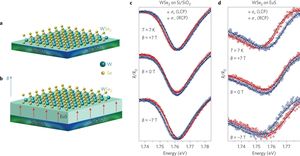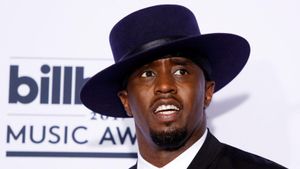Mark Carney, the former governor of the Bank of Canada and the Bank of England, is making headlines as he considers entering the race to replace Justin Trudeau as the leader of Canada's Liberal Party. This decision follows Trudeau's announcement on February 1, 2025, of his resignation after nearly nine years as prime minister, prompted by growing pressure from his party and decreasing support among voters.
On the same day, President Donald Trump signed executive orders imposing 25% tariffs on imports from Canada, which Carney described as both serious and illegal. "Canada will not bow down to a bully. We won’t stand by as illegal US tariffs hurt our workers and their families," he stated vehemently. Carney emphasized the need for Canadians to come together, stating, "Trump thinks we are a pushover, but he doesn't know Canadians. We will always stand up for our country and we will get stronger together." His strong stance against Trump signals not only a political stance but also reflects his commitment to protect Canadian interests.
Carney is currently one of several candidates being considered to succeed Trudeau, with notable figures such as his former deputy Chrystia Freeland and Transport Minister Anita Anand also vying for the top role. Although he has not held public office before, Carney’s substantial experience as a central banker gives him unique insights. Throughout his career, he has dealt with significant economic challenges, including the aftermath of the 2008 financial crisis and the UK's response to Brexit.
With Canada required to hold its next federal election by October 2025, and possibly sooner than expected, the Liberal Party aims to have new leadership established by the end of its prorogation period on March 24, 2025. Carney's candidacy may be positioned to sway public perception at such a pivotal time.
Upon Trump's announcement, Canadian Prime Minister Justin Trudeau promised to respond forcefully and immediately. He has laid out plans for retaliatory tariffs on U.S. goods, echoing Carney’s suggestion for "dollar-for-dollar retaliatory tariffs" strategically targeted to minimize domestic impact.
Carney’s analysis of the economic fallout is quite dire. He warned of the tariffs’ potential impact on the U.S. reputation, saying, "The tariffs imposed by the United States today are a clear violation of our trade agreements and require the most serious trade and economic responses in our history." He cautioned about severe ramifications for both Canada and the U.S. economies if the standoff escalates.
Economists predict potential repercussions on American households, estimating losses surpassing $1,170 due to the tariffs imposed by Trump. This could also exacerbate inflation, leading to rises in interest rates, which directly contradicts Trump’s attempt to alleviate prices for consumers at the grocery store.
Carney's experience could play a key role as he navigates the path toward leadership, emphasizing his commitment to environmental issues and sustainable economics. He has been vocal about the importance of the federal carbon tax policy, which, albeit unpopular with conservatives, reinforces the Liberals’ focus on climate action.
While Carney promotes collaboration and unity against what he calls Trump’s bullying tactics, there’s no denying the pressure on the Liberal Party as they face formidable opposition from the Conservatives, led by Pierre Poilievre, who currently enjoy leads of double digits in opinion polls.
Carney's candidacy, combined with the urgent issues posed by the trade policies of the U.S., suggests we may be witnessing the convergence of economic management and political leadership at a pivotal moment for Canadian politics.
With the leadership race set to conclude on March 9, 2025, Carney's next steps will undoubtedly be significant, not just for him but for all Canadians feeling the impact of fluctuated trade relations and impending elections. The coming weeks promise to be decisive as the nation prepares for possible rapid changes on multiple fronts.



